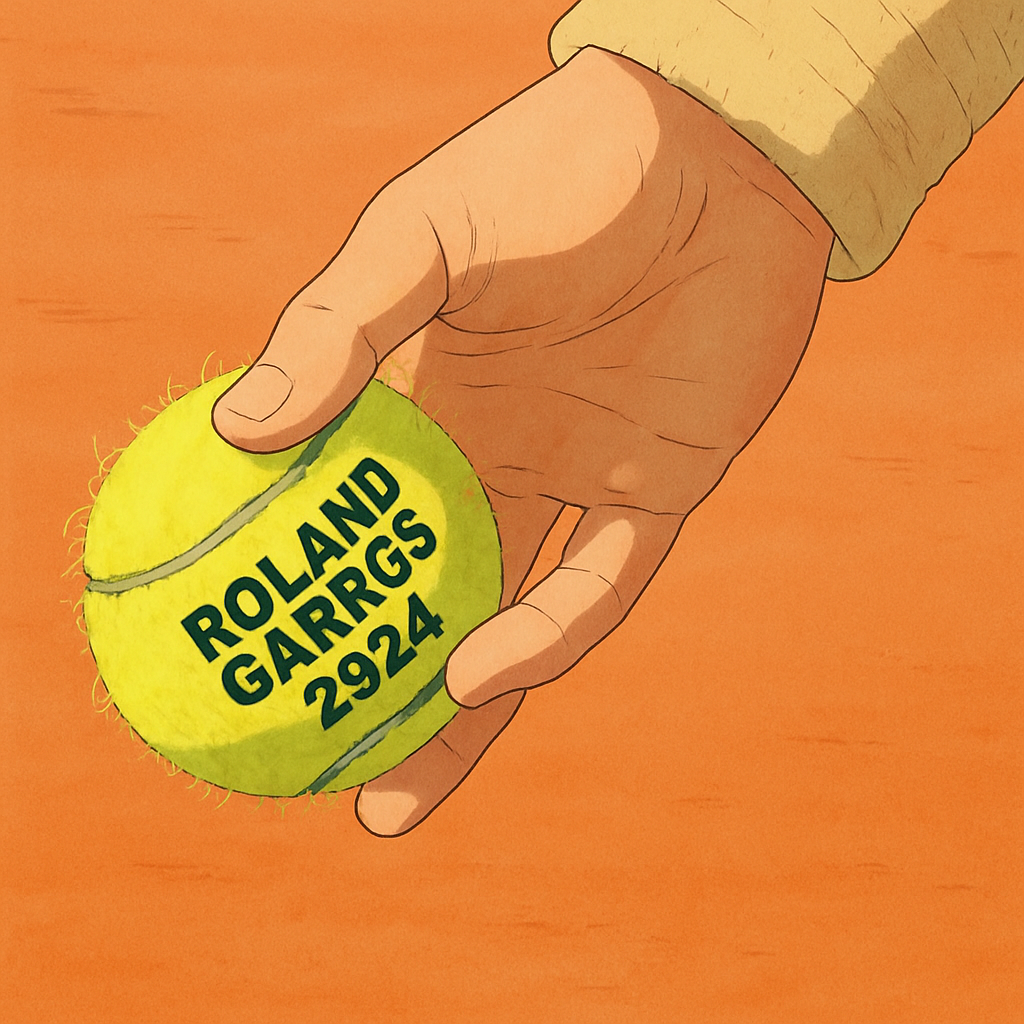LONDON — The International Tennis Integrity Agency (ITIA) has issued a significant ban and a substantial fine to French tennis player Lucas Bouquet for multiple breaches of the Tennis Anti-Corruption Program (TACP). The 27-year-old, who reached a career-high ATP singles ranking of World No. 584, has been suspended from the sport for a period of seven years and fined $10,000.
The sanctions stem from an investigation into two matches Bouquet contested in 2018. The ITIA found him guilty of contriving the outcome of an element of these matches and failing to report a corrupt approach. The ban, which is backdated to start on 16 April 2024, prohibits Bouquet from playing, coaching, or attending any sanctioned tennis event until 15 April 2031.
The Charges and the Investigation
The ITIA's case against Bouquet was built on evidence that he deliberately arranged the outcome of a specific element within two separate matches. While the official ruling does not name the specific tournaments, it clarifies that the offenses did not relate to the overall outcome of the matches, but rather to an "aspect" of them, a term often used to refer to in-play betting markets like the score in a particular set.
Furthermore, Bouquet was found to have violated Section D.1.d of the 2018 TACP, which mandates that any player who is approached by someone attempting to corrupt the integrity of the sport must report that approach to the authorities. Bouquet failed to do so, a serious offense in itself that demonstrates a conscious decision to bypass the sport's primary defense against corruption.
In a statement, the ITIA outlined the core of the ruling: "The International Tennis Integrity Agency (ITIA) has confirmed that French tennis player Lucas Bouquet has been suspended for seven years and fined $10,000 for multiple breaches of the Tennis Anti-Corruption Program (TACP)."
A Closer Look at the Sanctions
The seven-year ban is one of the longer suspensions handed down by the ITIA in recent years, reflecting the severity of the charges. For the duration of his suspension, Bouquet is prohibited from any involvement in the sport at any level. The specific restrictions include:
- Playing in, or even attending, any tennis event sanctioned by the governing bodies of tennis.
- Coaching or providing any form of tennis instruction at a sanctioned event.
- Acting in an official capacity, such as a line judge or tournament official, at any event.
The $10,000 fine is also a considerable penalty for a player competing at the lower levels of the professional tour, where prize money is often minimal. The ITIA's statement emphasized the finality of the decision, noting, "The sanction means that Bouquet is prohibited from playing in or attending any tennis event sanctioned by the members of the ITIA… for a period of seven years."
The ITIA's Role in Cleaning Up the Sport
The International Tennis Integrity Agency was established by the International Tennis Federation (ITF), the ATP, the WTA, and the Grand Slam Board to oversee and enforce the sport's integrity programs. Its mandate is to investigate and prosecute cases of betting-related corruption, which remains a persistent threat, particularly in the lower tiers of professional tennis.
The "Futures" and "Challenger" circuits, where players like Bouquet typically compete, are considered particularly vulnerable. Factors that contribute to this vulnerability include:
- Low prize money, making players more susceptible to financial incentives from corruptors.
- Less media scrutiny and public attention on individual matches.
- A lack of consistent entourages or support staff to act as a protective buffer for players.
The ITIA combats this through a multi-pronged approach, combining education for players on the dangers and signs of corruption, a dedicated monitoring and intelligence unit that scrutinizes betting patterns, and a robust investigative and disciplinary process, as demonstrated in the Bouquet case.
A Pattern of Enforcement
The sanction against Lucas Bouquet is not an isolated incident. The ITIA has been increasingly active in pursuing and punishing breaches of the TACP. In recent months, several other players have faced bans for similar offenses, underscoring the agency's zero-tolerance policy.
For instance, just weeks before the Bouquet ruling, Spanish player Aaron Cortes was hit with a 15-year ban and a $75,000 fine for 35 breaches of the TACP, including match-fixing and failure to report corrupt approaches. These consecutive high-profile cases send a clear message that the tennis authorities are committed to rooting out corruption.
An ITIA spokesperson, commenting on the broader fight against corruption, stated, "Our mission is to safeguard the integrity of professional tennis worldwide. This case demonstrates our commitment to investigating all reported breaches of the TACP and taking appropriate action."
The Consequences for Bouquet's Career
For Lucas Bouquet, a seven-year ban effectively spells the end of his professional playing career. At 27 years old, he will be 34 by the time the suspension is lifted, an age at which a successful comeback from such a long period of inactivity is virtually impossible, especially for a player who had not broken into the top 500.
His case serves as a stark warning to other players competing on the ITF World Tennis Tour and ATP Challenger Tour. The potential short-term financial gain from corrupt activities is vastly outweighed by the long-term consequences, which include not only a lengthy ban and a fine but also permanent damage to one's reputation and legacy within the sport.
The ruling concludes a difficult chapter for the ITIA and serves as a reminder of the constant vigilance required to protect tennis. As the official statement on the Bouquet case concluded, "The decision… is final and binding, subject to no appeal."
The case of Lucas Bouquet is a sobering reminder of the threats to sporting integrity and the rigorous enforcement required to maintain the credibility of professional tennis. It highlights the critical importance of the ITIA's work and the responsibility of every player to uphold the rules of the game.

